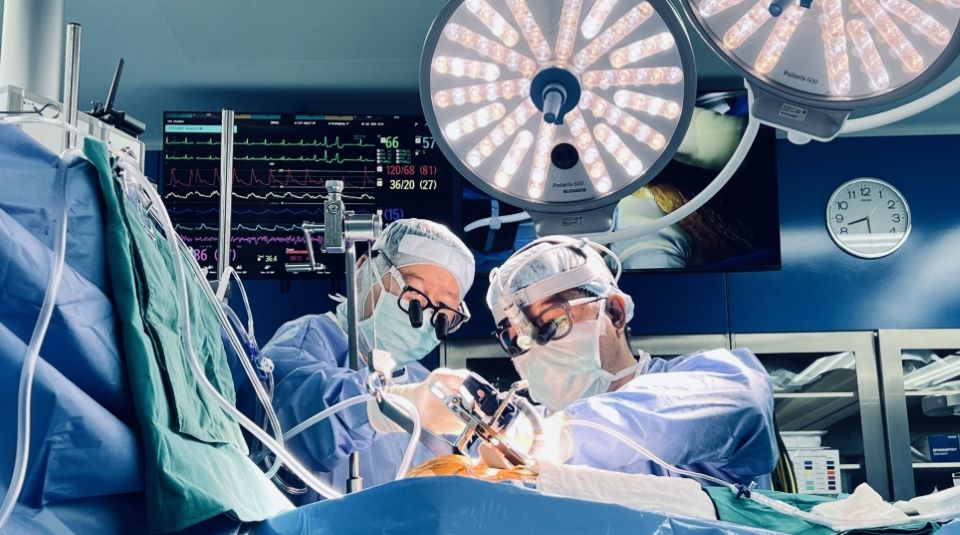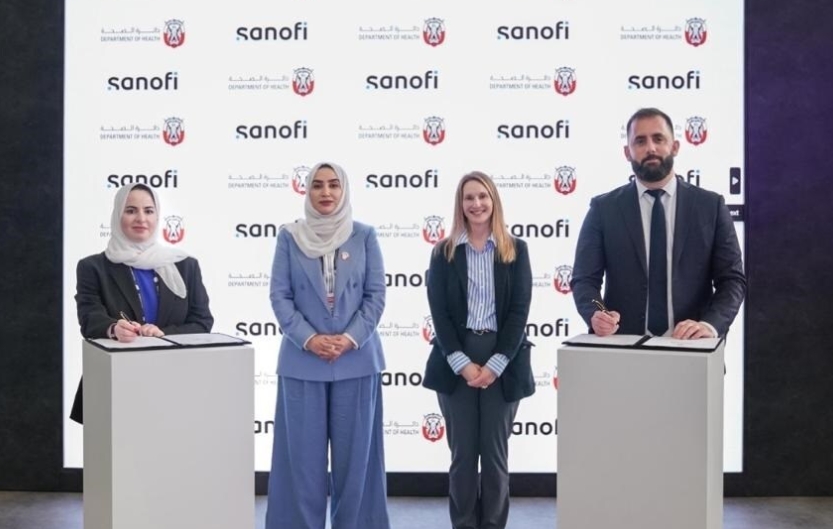
Singapore's National University Hospital (NUH) doctors are using an artificial intelligence (AI) triage tool to expedite the process of identifying appropriate stroke patients for endovascular treatment, shaving off precious minutes and helping to improve patients’ outcomes.
Stroke patients at NUH after an emergency undergoes computerized tomography (CT) scan. Following this, the output imaging data automatically flows to the RapidAI platform. In less than a minute, RapidAI processes the imaging data and generates easy-tointerpret colour-coded images with relevant quantitative information and notifies the medical team – stroke neurologists and interventional radiologists – through their secured e-mails.
The software makes clinical decision-making objective and time-efficient. It can quickly tell doctors the amount of brain that has been damaged by stroke and the volume at risk that can potentially be saved with mechanical thrombectomy.
In most stroke patients, one of the major blood vessels in the brain is blocked, depriving the brain of oxygen and nutrients, leading to the death of brain tissue. This condition, also known as acute ischemic stroke, is the biggest cause of disability in Singapore and worldwide.
In most acute ischaemic stroke patients, restoring blood flow is the most effective treatment. Those with blockages in the large arteries of the brain are put through an endovascular treatment, known as mechanical thrombectomy, that physically removes a clot from the brain to “unblock” the artery. The beneficial effect of such a treatment is highly time-dependent, hence selecting suitable patients with the use of advanced imaging is crucial.
Dr Leonard Yeo, Senior Consultant, Division of Neurology, Department of Medicine, NUH, said “With each minute of delay in opening a blocked artery, the patient could lose 1.9 million brain cells, hence ‘time is brain’. The earlier we unblock the artery, the better will be the patient outcome. This can avoid the extent of brain damage that can cause paralysis and loss of speech and cognitive functions".
Adjunct Associate Professor Anil Gopinathan, Head and Senior Consultant, Division of Interventional Radiology, Department of Diagnostic Imaging, NUH, emphasised that the technology is an adjunct – and not an alternative – to human processing and interpretations of patients’ imaging results to speed up the clinical decision-making process
NUH is among the early adopters of RapidAI for stroke care in South-east Asia and is the first among hospitals in Singapore. Hospitals in Hong Kong, Taiwan, Vietnam, Thailand, Philippines and India, as well as those in Europe and America, are already using the AI platform.
All suspected stroke patients at NUH are now treated with RapidAI since February. More than 400 patients have been treated with this artificial intelligence tool, which has been clinically validated in a number of worldwide studies, demonstrating how it can speed up clinician decision-making and improve clinical workflow, reducing patients' door-to-puncture time. This integration of AI into clinical care paves the way for a new standard of care for stroke patients in Singapore.




